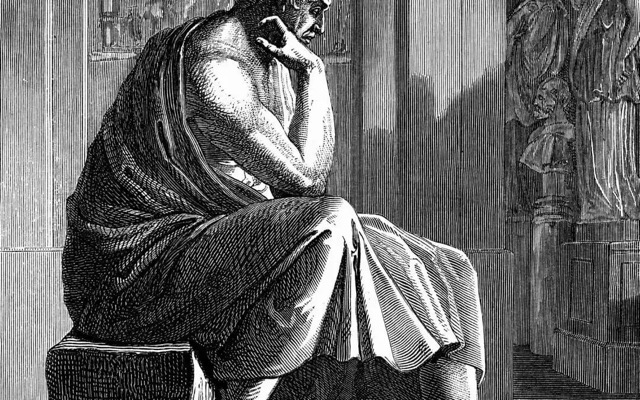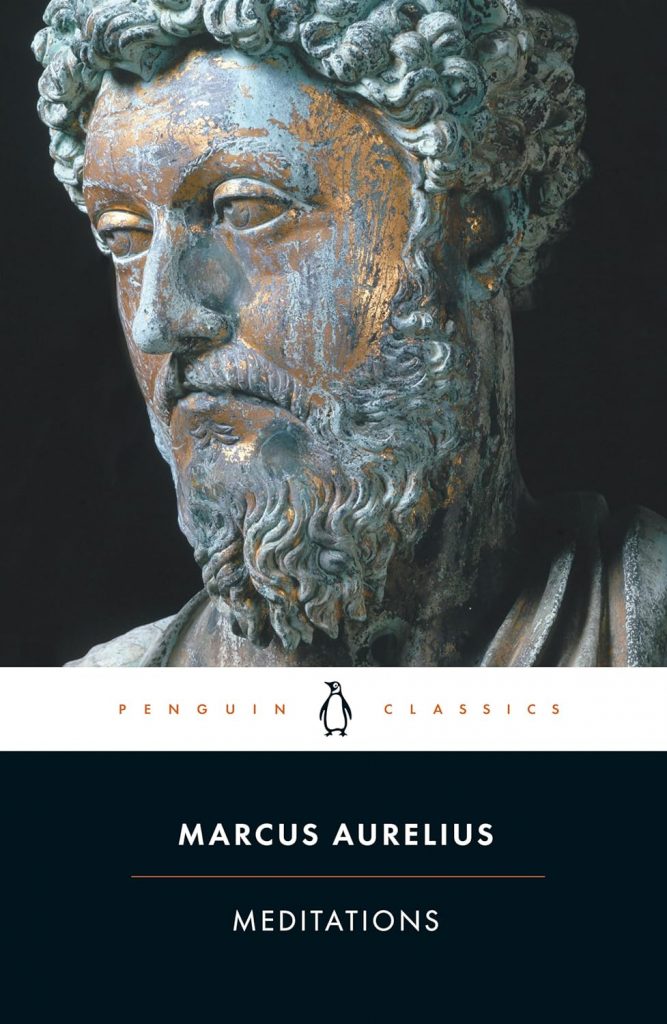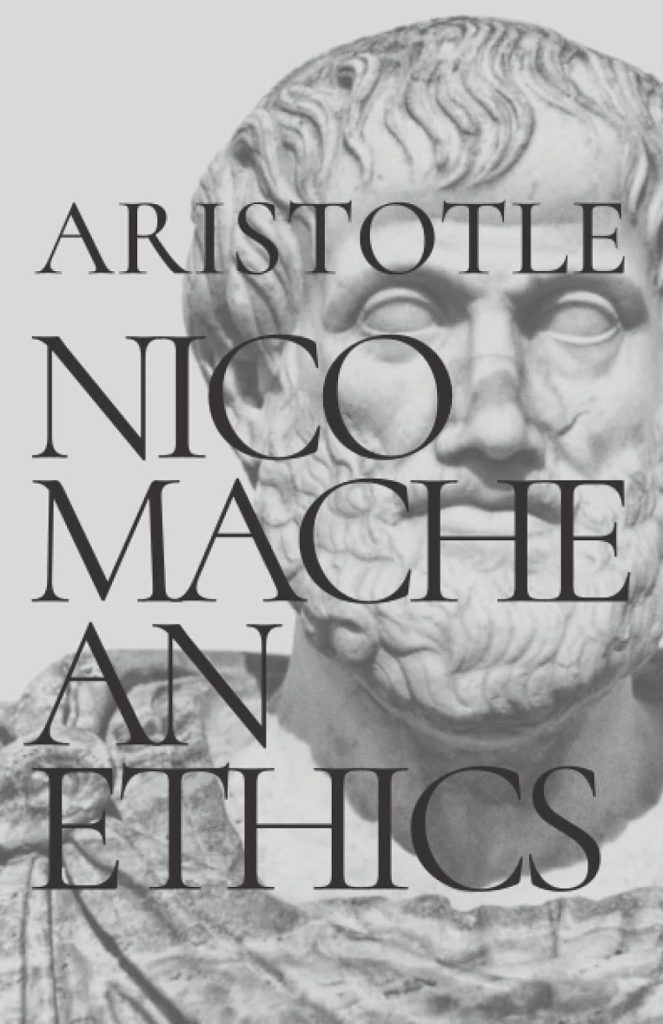Have you heard the phrase “virtue is its own reward” and intuitively knew it to be true but couldn’t put into words the reasons why? So have I.
On its face, the phrase “virtue is its own reward” may seem counterintuitive. Don’t we tend to think of rewards in terms of things we gain, such as money, status, or fun?
It would seem that there are some scenarios where we could be virtuous and get a reward, such as returning a missing wallet and getting a cash reward. In other scenarios we might act virtuously and just not get any reward at all.
So how is that virtue is it’s own reward? For this we’ll need to explore what virtue is.
What Is Virtue?
Put simply, virtue is behavior that exhibits high moral standards. Aristotle said that virtue is conduct that is learned and practiced rather than something that occurs intuitively or naturally. We learn how virtue affects us in various situations, and we create habits based off how virtuously we react to any given event.
Take for example a practical situation, and one that’s been beaten to death, but we’re going to use it here anyways. Let’s say you’re in traffic and someone cuts you off, nearly causing an accident, and adds insult to injury by flipping you for your troubles. What is the proper course of action here?
There may be two ways of approaching the situation. You’d probably be pretty angry if that were to happen. You could let that anger dictate your actions, speed up, pass the guy and hurl obscenities back to him. Or you could realize that there was no harm done, let your anger pass and go about your day without engaging at all.
How do we know which is the right approach? Our gut may tell us that the right approach is not to escalate the situation, but why is that the right approach?
For that answer we will turn toward the ancient philosophers and the four cardinal virtues.
What Are the Four Cardinal Virtues?
The four cardinal virtues are virtues that show up both in western philosophy and in theology. According to ancient writings, these are the four virtues that all other virtues spring from.
Cardinal Virtue One: Wisdom
Wisdom is considered to be the primary virtue from which all other virtues flow. We cannot be virtuous without first being wise, and wisdom is acquired through experience. In the road-rage example you may have had past experiences where some encounter caused you to lose your temper, maybe in school you got into a fit. This may have led to a consequence such as school suspension, or being grounded by your parents. This experience, if you’re able to learn from it, may teach you that the better course of action when someone makes you mad is to ignore them rather than escalate. Then, later in life when you’re cut off in traffic, you remember what you learned from your fight in school, and apply the same lesson to the road-rage incident, avoiding any further issues that could occur by reacting irrationally.
Cardinal Virtue Two: Justice
Justice can be simply stated as doling out consequences for actions committed by another person. So in the case of the road rage incident what would be considered justice for the drive that cut you off?
Would it be just to chase them down and run them off the road? Or is it more just to ignore them and let the whole event go?
In this case justice would be better served by letting things go. No harm was done, except maybe to your ego if you let it, and inflicting harm on them in response would create an imbalance, and drag you down to their moral level.
Cardinal Virtue Three: Temperance
Temperance is the quality of moderation or self-restrain. We learn temperance through daily self-reflection. It’s good to build a life long practice of looking back on your past words and actions, determining how you feel about them, how they affected you, how they affected other people, and making decisions on how you might act in the future given similar circumstances.
Cardinal Virtue Four: Courage
The final cardinal virtue is that of courage, also known as fortitude. When we develop the virtue of courage we learn to stand up for what’s right. In order to be courageous we must master our fear, and be prepared to suffer hardship for a cause. It is considered the hardest and most noble of the virtues. Courage must be combined with temperance, otherwise courage could become aggression.
How Is Virtue It’s Own Reward?
We’ve seen from the four cardinal virtues how living a virtuous life can lead to the best possible actions on our part. Consider again the road-rage situation. By exhibiting wisdom we can know not to escalate a road-rage situation. With a true understanding of justice we don’t strive to cause any harm to the other driver since we didn’t receive harm ourselves. Temperance will help us understand what an appropriate response to the situation would be. And courage will help us in the event that the other driver is endangering other people’s lives through reckless driving, possibly leading us to do something like getting the license number and reporting it to the police.
If we exhibit virtuous behavior in the road rage incident then we can avoid damage to our cars, damage to other drivers, possible fines and/or legal action. Clearly here virtue is it’s own reward.
If we exhibit the virtuous behavior of temperance when it comes to eating or drinking alcohol, we can be moderate in our consumption and avoid the physical and mental health consequences that come along with gluttony.
If we exhibit the virtuous behavior of courage and justice we can find ourselves helping police identify the reckless driver in our road rage incident, which in turn can make the roads safer not only for us, but everyone else.
Leading a virtuous life means leading a life with strong character, and having a strong character is the one thing in this life that can’t be taken from us. Everything else in our lives can be taken from us, our income, our loved ones, our health, but our character and mindset are ours to control.
This is what the ancient philosophers teach us. Aristotle, Marcus Aurelius, Epictetus, religion teachings, they all teach the importance of virtue, and how virtue is in and of itself worthy of attaining.
This is why it’s good to read and study what these philosophers have handed down to in their writings.
Studying texts like Aristotle’s Nichomachean Ethics and Marcus Aurelius’s Meditations can help us to put into words, and solidify the ideas that will lead us to “eudaimonia”, the good life, a life of meaning and inner peace. And creating a good life for ourselves through character development driven by virtuous thoughts and behavior is its own reward.








1 Pingback